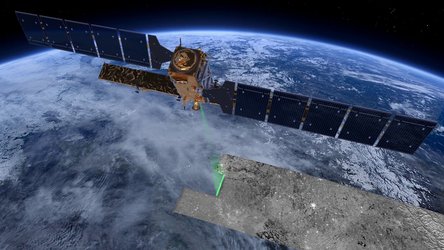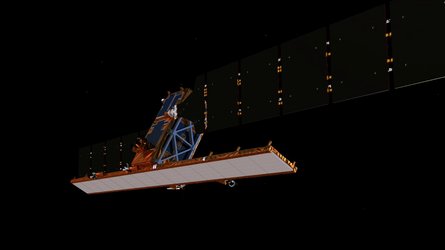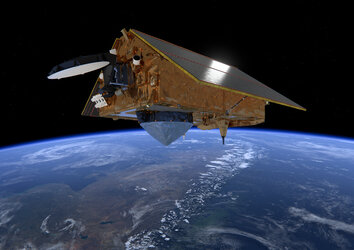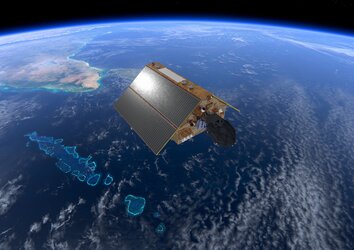
Monitoring changing ice with Sentinel-1
Carrying an advanced radar, Sentinel-1 can image Earth’s surface no matter what the weather and regardless of whether it is day or night. This makes it an ideal mission for monitoring the polar regions, which are shrouded in darkness for months at a time. As well as providing information on changing ice cover and glacial flows, Sentinel-1 will provide imagery of sea-ice for maritime navigation in polar waters. Sentinel-1 will also be used to track changes in the way land is used and to monitor ground movement. Moreover, this new mission is designed specifically for fast response to aid emergencies and disasters such as flooding and earthquakes. Sentinel-1, the first in the family of satellites for Europe’s environmental monitoring Copernicus programme, marks a new era in Earth observation, focusing on operational missions to support users for decades to come.






